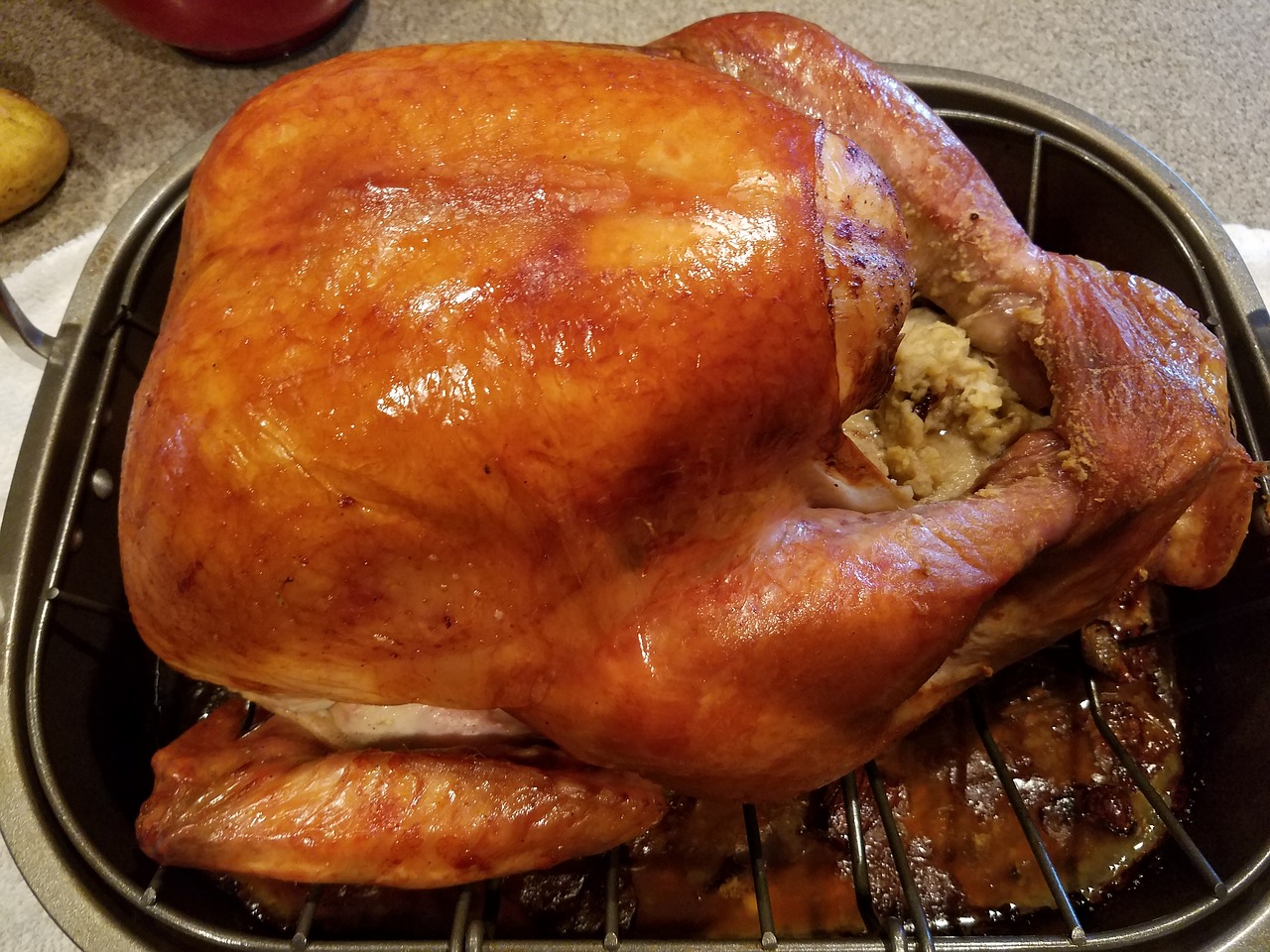The often-repeated claim that turkey induces sleepiness because of its high levels of tryptophan is as much a part of the Thanksgiving narrative as pumpkin pie. But how much truth lies in this widely-held belief? An examination of the scientific facts quickly unravels the validity of this cherished dietary lore.
To start, the compound at the heart of the myth – tryptophan – is indeed an essential amino acid known for its role in the production of serotonin, a neurotransmitter vital for regulating mood and sleep. However, the inference that turkey leads to a sudden sleep attack overlooks crucial elements of biochemistry and nutritional science.
Firstly, turkey is not an unusually high source of tryptophan. Many other common protein-rich foods such as chicken, beef, and fish contain similar, if not higher, amounts of tryptophan per gram. Even certain plant-based foods like soybeans and pumpkin seeds contain more tryptophan than turkey. If the tryptophan in turkey were solely responsible for causing drowsiness, the same effect should occur whenever we consume these other foods – but it doesn’t.
Secondly, the physiological mechanism by which tryptophan induces sleep is more complex than merely eating a food rich in the compound. Tryptophan competes with other large neutral amino acids (LNAA) for transport across the blood-brain barrier. Consuming turkey, or any high-protein meal, actually results in an influx of various amino acids into the bloodstream, reducing the relative proportion of tryptophan and thereby making it more challenging for tryptophan to cross the blood-brain barrier.
In contrast, carbohydrates can stimulate the release of insulin, which promotes the uptake of LNAAs into the muscles but spares tryptophan. This leaves a higher proportion of tryptophan in the bloodstream to enter the brain, potentially increasing serotonin production and leading to feelings of relaxation and drowsiness.
Thus, it isn’t the turkey that’s likely causing post-Thanksgiving dinner lethargy but rather the accompanying carbohydrate-rich sides and desserts—think stuffing, mashed potatoes, and pies—consumed in hefty quantities. Add to this the general tendency to overeat during holiday feasts, and it’s no wonder we find ourselves dozing off on the couch.
The origin of the turkey-sleep myth can be traced back to the 1970s, when researchers first began exploring the link between tryptophan and serotonin. Popular press latched onto these studies, and the fact that turkey contains tryptophan morphed into the notion that eating turkey makes you sleepy. The myth has been perpetuated ever since, receiving annual attention around Thanksgiving.
While it’s true that consuming large amounts of tryptophan on an empty stomach and without other amino acids present might lead to increased serotonin levels, and potentially to increased sleepiness, this is not what happens when we eat a balanced meal.
To debunk this myth conclusively, consider this: A 2007 study in the American Journal of Clinical Nutrition found no significant difference in sleepiness between subjects who consumed meals high in protein (including turkey) versus those who ate carbohydrate-rich meals. Similarly, a review published in Nutrients in 2020 suggested that the ingestion of a high-protein diet before sleep did not adversely affect sleep parameters.
In conclusion, while turkey does contain tryptophan, the claim that it promotes sleepiness is a myth that overlooks the complexity of human biochemistry, dietary intake, and the composition of a typical Thanksgiving meal. So, feel free to indulge in your holiday turkey—just perhaps go easy on the stuffing and pie.






